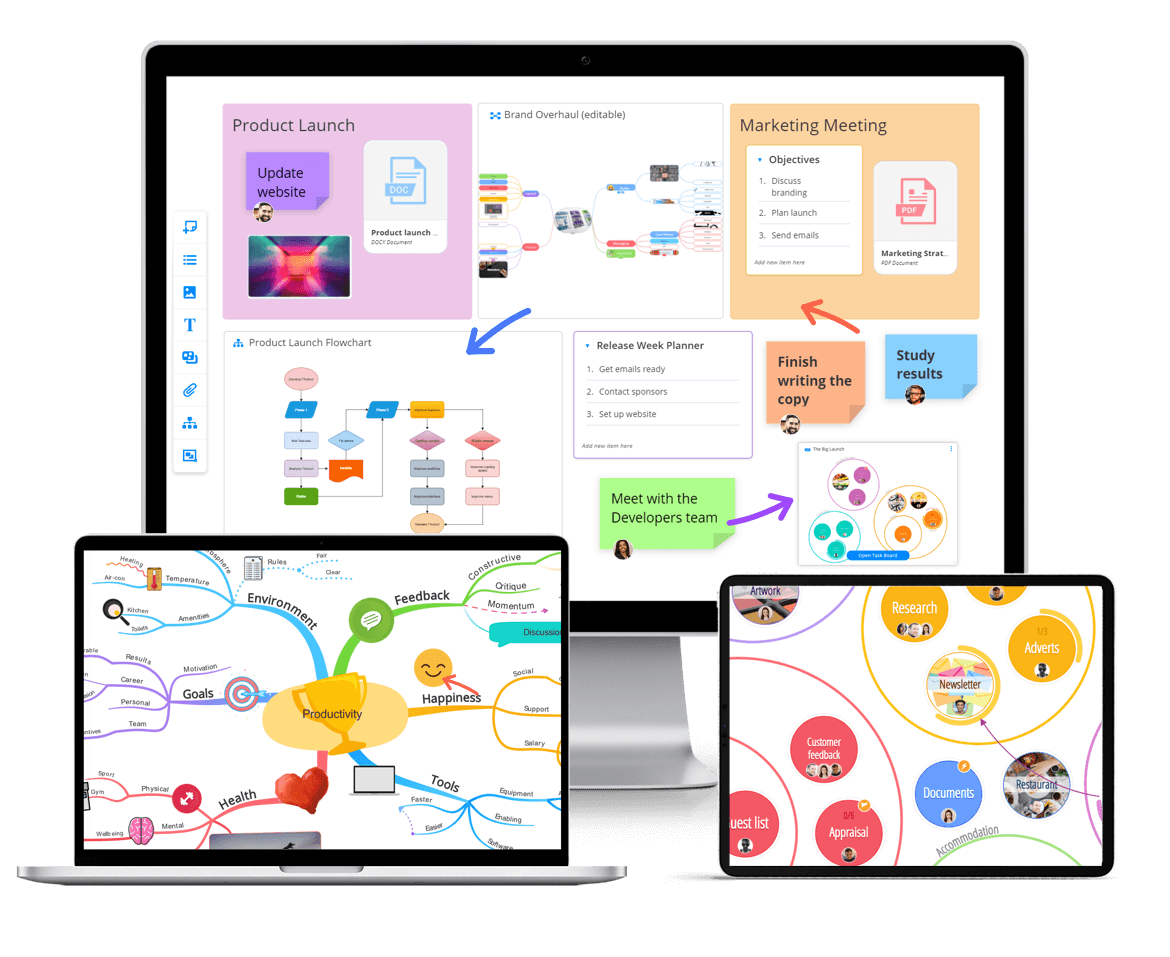August 23, 2021 (Updated April 3rd, 2024)
Breaking down barriers for neurodiverse employees

Not every workplace is made equal. It’s no secret that, despite growing cultural conversations, many businesses still have an issue when it comes to diversity in all its forms. Still, with younger generations beginning to dominate the workplace – by 2025 Millennials are predicted to make up 75% of the workforce – and the coinciding ethos of inclusivity and openness associated with upcoming generations, there is no better time to think about breaking down barriers for neurodivergent employees.
Unlike some other diversity measures such as race and gender, neurological status can be harder to monitor within the workplace. It’s no secret that neurodivergent employees can bring creativity and innovation to the workplace, but in order to truly welcome them into your business you must first identify barriers to entry that may seem innocuous enough but on closer interrogation can make neurodivergent individuals feel unwelcome.
Company culture
True change begins with culture. We might not typically think of culture as something which exists in the workplace, but the Cambridge dictionary defines ‘culture’ as: “the way of life, especially the general customs and beliefs, of a particular group of people at a particular time.” A good company culture might be creative, transparent and open, whereas a negative one may be marked by aggressive competitivity, gossip and – in extreme cases – even bullying.
Company culture starts at the top and can be shifted by management with a code of ethics with points that are agreed upon by all employees. In terms of neurodiversity, a positive company culture starts with education – neurodivergent individuals and their associated skills and needs are so often misunderstood. By breaking taboos associated with neurodivergent (ND) conditions and helping employees to understand how they can manifest in different ways, ND employees will feel more comfortable being honest and open in a work environment.
Change your recruitment strategy
Approaches to recruitment have become rather stale in the business world. Despite the fact there’s been a growing interest in innovation and creative thinking, so many companies are still using the same boilerplate recruitment technique to try and get in fresh talent. Not only does the typical setup of “CV>cover letter>interview” offer a limited view of an individual’s overall talent, it can also be a barrier to entry for neurodivergent people.
There is no one-size-fits-all approach when it comes to best practices for ND-friendly recruitment (after all, the whole point is that every person is unique). Instead, consider more flexible and open approaches to recruitment. This could mean allowing people to demonstrate that they’re right for the role in whatever way they feel works best – that might be a cover letter, a video or something completely outside the box.
You should also consider offering alternatives to in-person interviews which can be intimidating for certain neurodivergent people such as those with autism – instead, they could do a trial day in the job working from home or maybe they’d feel more comfortable with a one-on-one chat over Zoom. Whatever way you do it, actively involving applicants in their own recruitment process will make sure that ND individuals and other underrepresented groups feel capable of showing their full potential when going for a job.
Use accessible tools
Coming into a new job, you expect to be able to work with the tools you’re given. You wouldn’t stand for a computer monitor which only showed blurry words, or ridiculously big pens, or teeny-tiny notepads. These examples may seem comical, but they are actually apt as, for some ND people, what many people might consider “typical” tools can actually be totally unworkable. Whether it’s printouts on stark white paper which can hinder reading in dyslexics or spreadsheets packed with numbers which seem indecipherable to those with dyscalculia.
There are certain traits that seem to be common to those with neurological differences – such as an affinity for visual thinking, problem-solving and creativity – yet the most important thing is to look for flexible tools which can be used by those who are both neurotypical and ND. Of course, in certain cases, this might not be possible but it’s also important to include ND employees as much as possible in everyday activities. A work management tool like Ayoa is perfect for use across the board as it is ND-friendly and multi-view meaning the same work, projects and brainstorms can be viewed and formatted differently depending on individual preference. By adapting daily work tools in this way, you send a clear message to your ND employees that you care about their needs and see them as equally important participants in the daily running of the company.

The all-in-one remote work toolkit
Ayoa is an all-in-one platform that allows teams to collaborate seamlessly while working from home. Integrations with Dropbox and Google Drive allow you to stay productive and avoid switching between apps.
Try it for free









